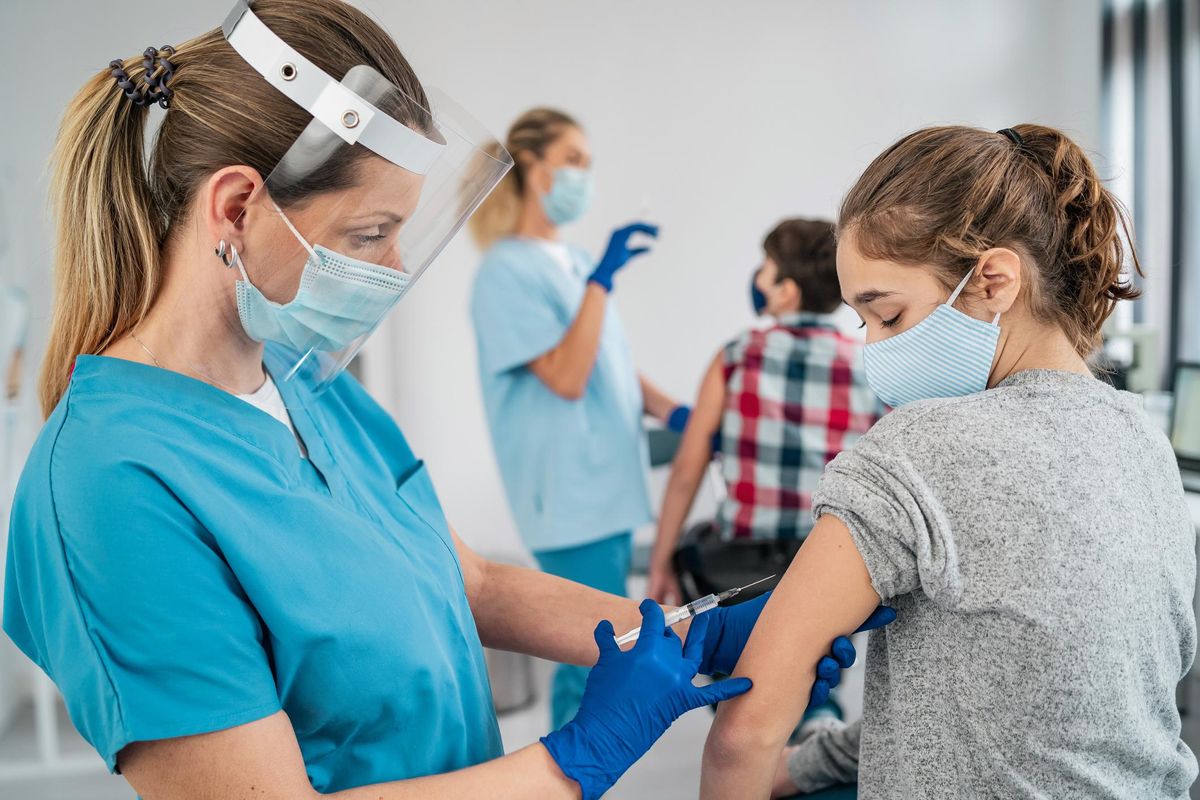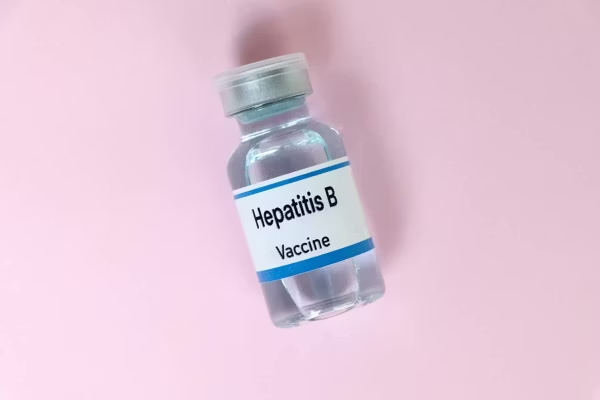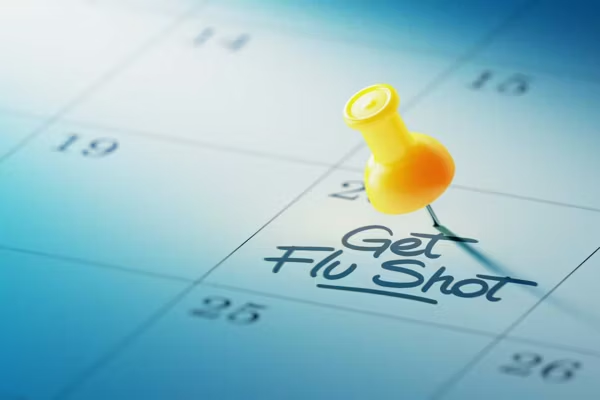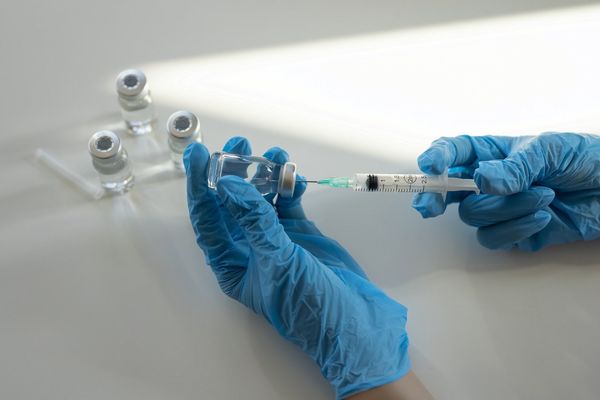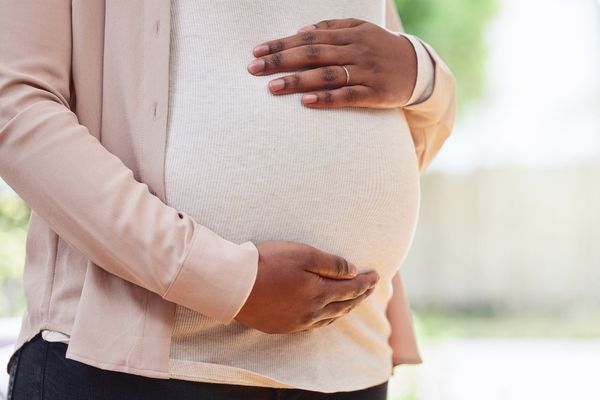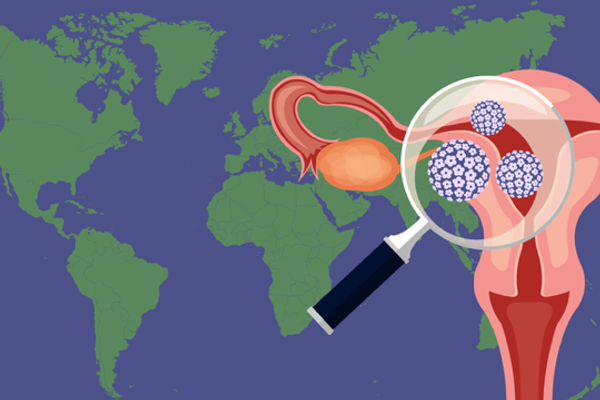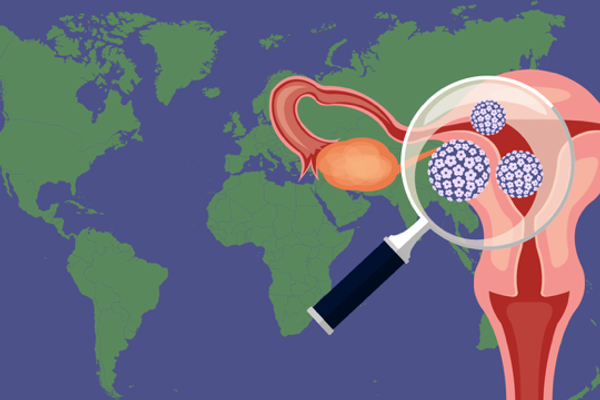This article was developed in partnership with the National Association of Pediatric Nurse Practitioners.
Morgan Aten's son Isaac was due for his seven-year annual checkup in March 2020 — just as the country was shutting down because of Covid-19. "We ended up missing it," Aten said. But when Aten's other son Arthur was due for his three-year checkup in July of last year, their pediatrician let Aten bring Isaac in, too. Both kids are now up-to-date on vaccines and ready to start the school year.
Karissa Blohm Seyler's son, Monroe, fell behind on routine immunizations because he missed his five-year well-child visit, also because of Covid. But Monroe will be turning 6 in a few weeks, and Seyler plans to get him caught up on immunizations at this year's checkup.
Seyler is a strong believer in vaccines, as both a parent and a healthcare worker. "As a pharmacist, I encourage all of my patients to vaccinate themselves according to recommended vaccination schedules and to ensure their children are protected as well."
Aten and Seyler are only two of many parents whose kids missed routine appointments and vaccinations because of Covid-19. Healthcare providers (HCPs) in the Vaccines for Children program ordered about 2.5 million fewer doses of all routine non-influenza vaccines from mid-March to mid-April 2020 compared to the same period in 2019.
Why are so many kids behind on vaccinations?
The pandemic has caused many parents to delay routine care, including things like dental cleanings and checkups for their kids and cancer screenings for themselves. Because annual appointments are when many kids receive their scheduled vaccinations, those who missed their yearly checkups may also have missed vaccines.
Why is it important to catch kids up on vaccines?
While some parents insist the choice not to vaccinate is a personal one, vaccination rates actually affect the entire community. When a high percentage of people are immune to a disease through vaccination or previous illness, infection can't spread from person to person. This is called herd immunity, and it is key to protecting vulnerable people such as those who are unable to be vaccinated because of age or health conditions. Vaccines don't just protect your children — they also help to keep your friends and neighbors (and their kids) safe.
In 2015, Carl Krawitt made national news when he asked his son's school to ban unvaccinated kids. Krawitt and his family lived in a school district where many parents used a "personal belief exemption" to opt out of vaccinations required for public school children. This made it dangerous for Krawitt's 6-year-old, who couldn't be vaccinated because his immune system was rebuilding after years of chemotherapy, to attend school.
"If you choose not to immunize your own child and your own child dies because they get measles, OK, that's your responsibility, that's your choice. But if your child gets sick and gets my child sick and my child dies, then ... your action has harmed my child," Krawitt told KQED.
Currently, we're seeing the effects of vaccination rates on the spread of Covid-19. Cases are surging in areas with low vaccination rates, while communities with high vaccination rates are doing better.
"You have to make sure that you keep the population — which is our children — very well vaccinated," said Mary Koslap-Petraco, DNP, PPCNP-BC, CPNP, FAANP, a nurse practitioner, adjunct clinical assistant professor at Stony Brook School of Nursing, consultant for the Immunization Action Coalition and member of the National Association of Pediatric Nurse Practitioners (NAPNAP). "If you do not vaccinate, you're going to see diseases." She added that public health experts fear lagging vaccination rates during the pandemic may lead to outbreaks of whooping cough and/or measles.
Does the Covid-19 vaccine affect back-to-school vaccinations?
When the Covid-19 vaccines first became available, experts recommended they be given alone, with a minimum of 14 days before or after any other vaccines. Now that the Covid-19 vaccines have been around long enough for substantial data to be collected on them, we know there is no interaction between the Covid-19 vaccine and other vaccines, so they can safely be given along with other vaccines — even on the same day.
Some communities are combining efforts to provide the Covid-19 vaccine to eligible kids along with routine vaccinations. In St. Louis County, Missouri, where vaccination rates are low and Covid-19 cases are high, the public health department launched a back-to-school immunization and vaccination program on July 19. The program provides no-cost immunizations for children ages 3-18, and free Covid-19 vaccinations for ages 12 and up.
What to do if your child is behind on vaccinations
If your child missed vaccines because of the pandemic or for other reasons, it's never too late to bring them up-to-date. The CDC provides a catch-up immunization schedule that takes into consideration all ages and circumstances, offering healthcare providers (HCPs) guidance on getting kids caught up safely. Your child's school nurse can also help you understand which vaccines your child needs before heading back to school.
Worried about the cost of vaccinating your kids? Federal and state programs provide free vaccines for children who may not otherwise have access to them. Your local health department can connect you with these resources.
With school starting soon, Koslap-Petraco urges parents to take steps now to get their children vaccinated. "The providers are ready, willing and able to get your children caught up so that we don't have to deal with a vaccine-preventable outbreak."
This resource was created with support from Merck.
- Let's Make Back to School a Back to Self (Care) Season for Women ... ›
- Back-to-School Ready - HealthyWomen ›
- What You Need to Know About Back-to-School Vaccines - HealthyWomen ›
- Tips for a Safe and Healthy Return to School - HealthyWomen ›
- Wondering if the Covid-19 Vaccine Is Safe for Your Child? - HealthyWomen ›
- Wondering if the Covid-19 Vaccine Is Safe for Your Child? - HealthyWomen ›
- Wondering if the Covid-19 Vaccine Is Safe for Your Child? - HealthyWomen ›
- Covid Vaccine Schedule for Children & Teens - HealthyWomen ›

